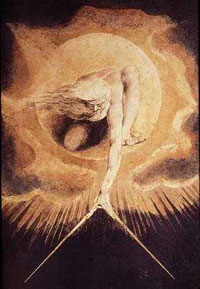 One of the debates I've had, with Christians and atheists, is whether Christianity is a materialist faith.
One of the debates I've had, with Christians and atheists, is whether Christianity is a materialist faith.
It seems some American Christians are rather touchy about this. Communism is materialist and they're very scared of communism. Such debates can be difficult!
One American Christian explained the Old Testament is dualist (matter / spirit) and not monist (matter), as he thought I was claiming. It seems I had said matter has a spiritual dimension and he was quite certain I had it the wrong way round, spirit has a material dimension. We also disagreed about dialectical materialism. Where, he asked, is the thesis, antithesis, synthesis in Christianity?
Whichever way you look at it, matter has a spiritual dimension or spirit has a material dimension, you have a dualism. The two are set at contradiction with each other. The Christian writer was correct in saying spirit gives rise to matter, at least insofar as it is easier to see how spirit or consciousness, the perceiver, gives rise to the perceived.
However, this contradiction between spirit and matter is not resolved by saying one gives rise to the other. Whichever way round, it implies one is superior to the other. The Christian faith has been plagued by this false dichotomy that seems to reduce to: spirit good, matter bad.
But what we easily forget is Christianity is neither monist not dualist. It is Trinitarian and this is why I reject the view that Christianity is not materialist.
The synthesis that transcends the opposition between spirit and matter is implied in the Trinity, where God does not remain spirit but becomes flesh. Spirit and matter are placed into a new relationship and this is something taking place in our imaginations.
That's the problem for many moderns, we're not prepared to make the effort to imagine how spirit and matter might be married.


Comments